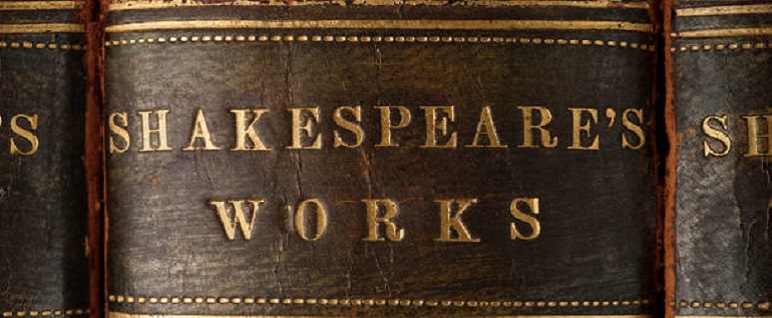

Once upon a time (mid 16th century to be honest), in a land far-far away (not so far away…Warwickshire actually) lived a man by the name of William Shakespeare. Hundreds of years back, he wrote a gazillion dramas, poems, sonnets that have been haunting the secondary students even today. Hold on, before you roll your eyes or stifle your yawn let us talk about the surprising relevance of studying Shakespear for today’s students.
Timeless themes: Many of the programmes we love watching on today’s streaming platforms, be it juicy family feuds or complex power struggles, have been inspired from the Shakespearean drama troupes. Shakespeare’s literary oeuvre explored a range of themes. While ‘Macbeth’ deals with unchecked ambition and power, ‘Othello’ tackles jealousy and betrayal. Themes like death, power, fate, free will have been central to his literary creations. Before we dismiss these as boring, we must remember that the Bard was serving drama long before even the Kardashians were a thing.
Interesting characters: Whenever we talk about love stories, Romeo and Juliet comes as the epitome of teen-romance-gone-bad. Shakespeare’s plays have numerous characters that we recognise in our day-to-day lives. His characters have an emotional reality that transcends time and his plays depict familiar experiences, ranging from family squabbles to falling in love to war. For instance, Hamlet’s utterance ‘to be or not to be, that is the question’ is probably the most famous of all of Shakespeare’s lines, and the soliloquy that follows is a deep exploration of that great human theme – life and death.
Female emancipation: If you thought ‘gender equality’ is a modern concept, think again! Although Shakespeare wrote four centuries back, some of his female characters were way ahead of their time. Portia (Merchant of Venice) and Rosalind (As you like it) had challenged gender stereotypes and rocked the crossdressing during disguises. Cleopatra (Anthony and Cleopatra) outsmarted the men around her and used her strengths to achieve political power.
Inventor of contemporary vocabulary: Today’s social-media-savvy students might think ‘YOLO’ and ‘LOL’ are smart and profound expressions, but they can surely learn a thing or two from the Bard. Over a thousand words and expressions can be attributed to Shakespeare. Words like bedazzled, multitudinous, dexterously, dwindle were coined by the Bard. Not only that, expressions like ‘Such stuff as dreams are made on’, ‘It's Greek to me’, ‘Wear one's heart on one's sleeve’ etc have become a part and parcel of our daily English vocabulary.
Generation Z might be petrified by the length of Shakespearean works. There is no denying that his works demand commitment, but the rewards are plenty and bountiful. Many folks believe that the Bard’s work is akin to rocket science for children; however, his stories resonate with people of all ages.
‘He was not of an age, but for all time!’
― Ben Jonson, The Complete Poems
With this we can for sure conclude that Shakespeare is certain to remain a part of our culture and remain relevant for many years to come.

